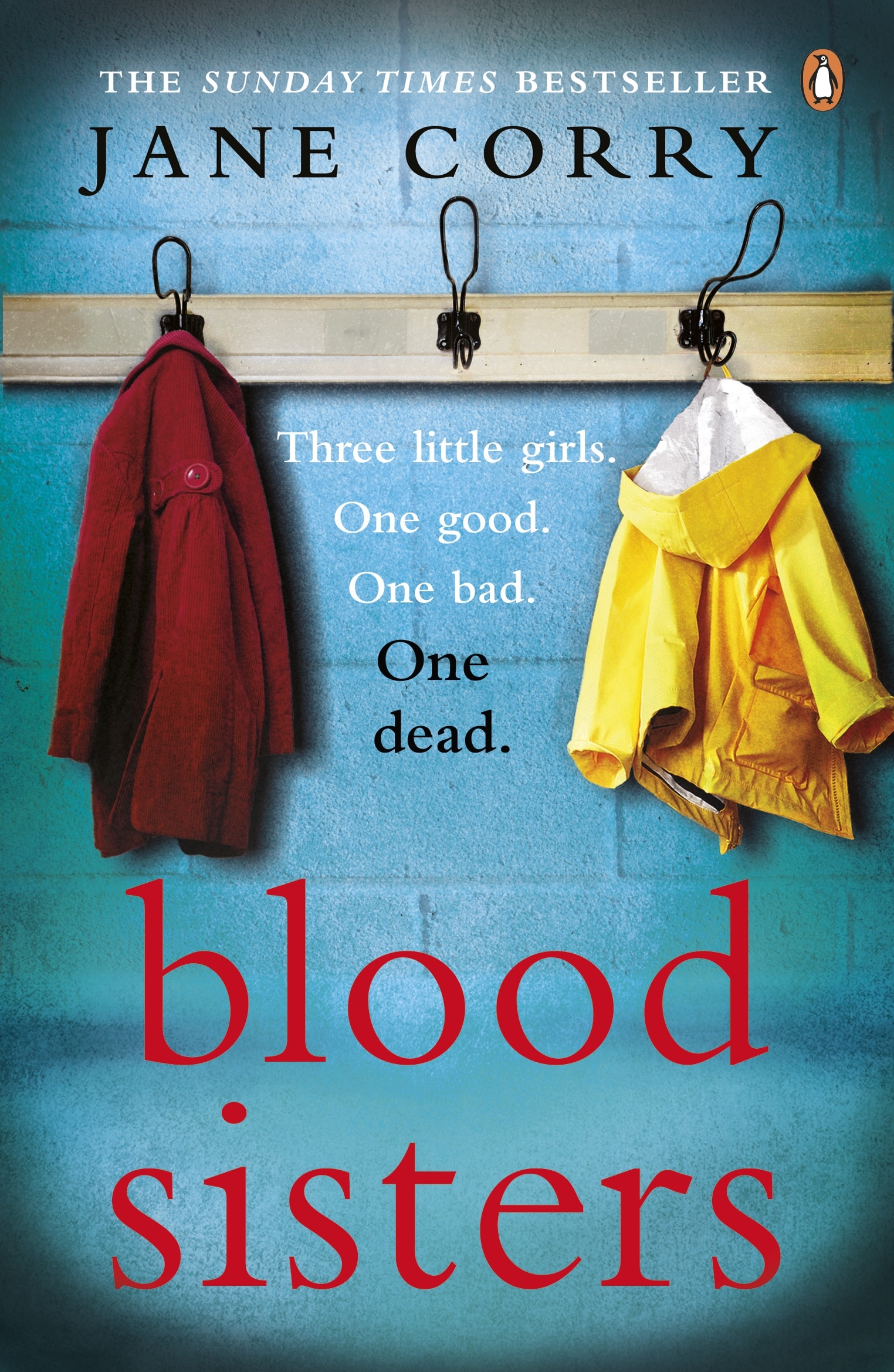
The extent of their influence or personal power is still hotly debated, yet they were, unquestionably, vital components in the mechanisms of royal power. The profound difference between their ideas and those of the modern world must first be acknowledged but so to, conversely, must recognisable emotions…’ p.7 ‘To insist that women were equal players with the men, on the same stage, is to run the risk of claiming more than the known facts can support. Statements made by chroniclers are still too often taken at face value without peeling apart the motivations and bias of the writer the institutional misogyny of C15th social mores or the restrictions of the Christian faith which permeated every strata of society. Historians can also continue to be unduly influenced by the contemporary accounts of infamy or notoriety which have become attached to these women and which have slewed the evidence of their contributions so much through time. Their efforts, devotion, ambition, desires and fears had as much impact on the lives of their family members and the wider course of events as their male counterparts yet many historians continue to portray these women as ciphers or subsidiary characters in events.

I particularly wanted to read this book because women are so often side-lined or underestimated when it comes to the re-telling of events, yet were as much the ‘glue’ that held society together then as they are now. Sarah Gristwood’s book, ‘Blood Sisters’ looks at the lives and reputations of seven key women who lived through the tumultuous and deadly years of the ‘Cousins War’ in C15th England and who changed the course of our national story by their actions.


 0 kommentar(er)
0 kommentar(er)
